Find out more
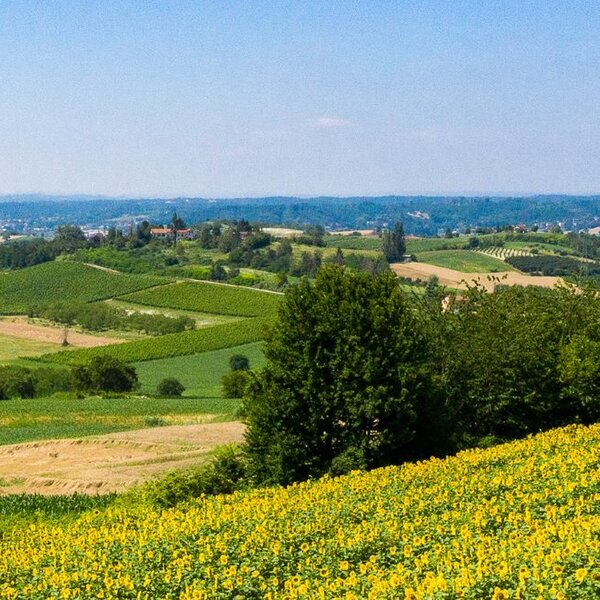
Romanico Da San Damiano D'asti
Find out more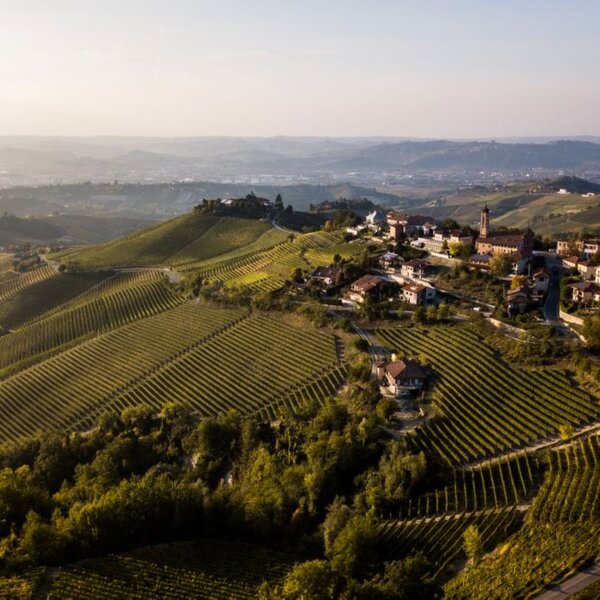
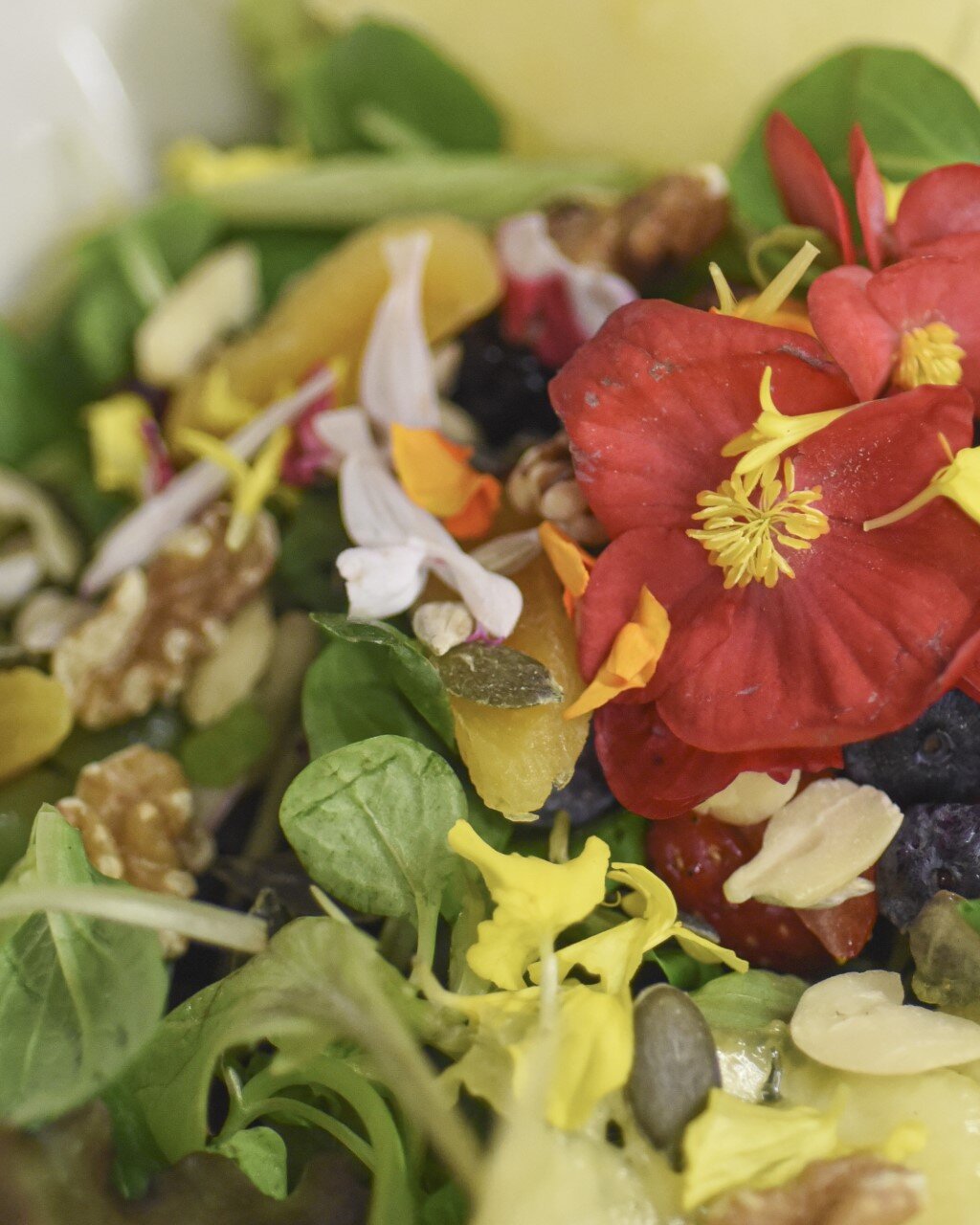
All the comforts of a top tier holiday, without giving up on authenticity and nature, indulging in glamping, boutique hotels and fine dining
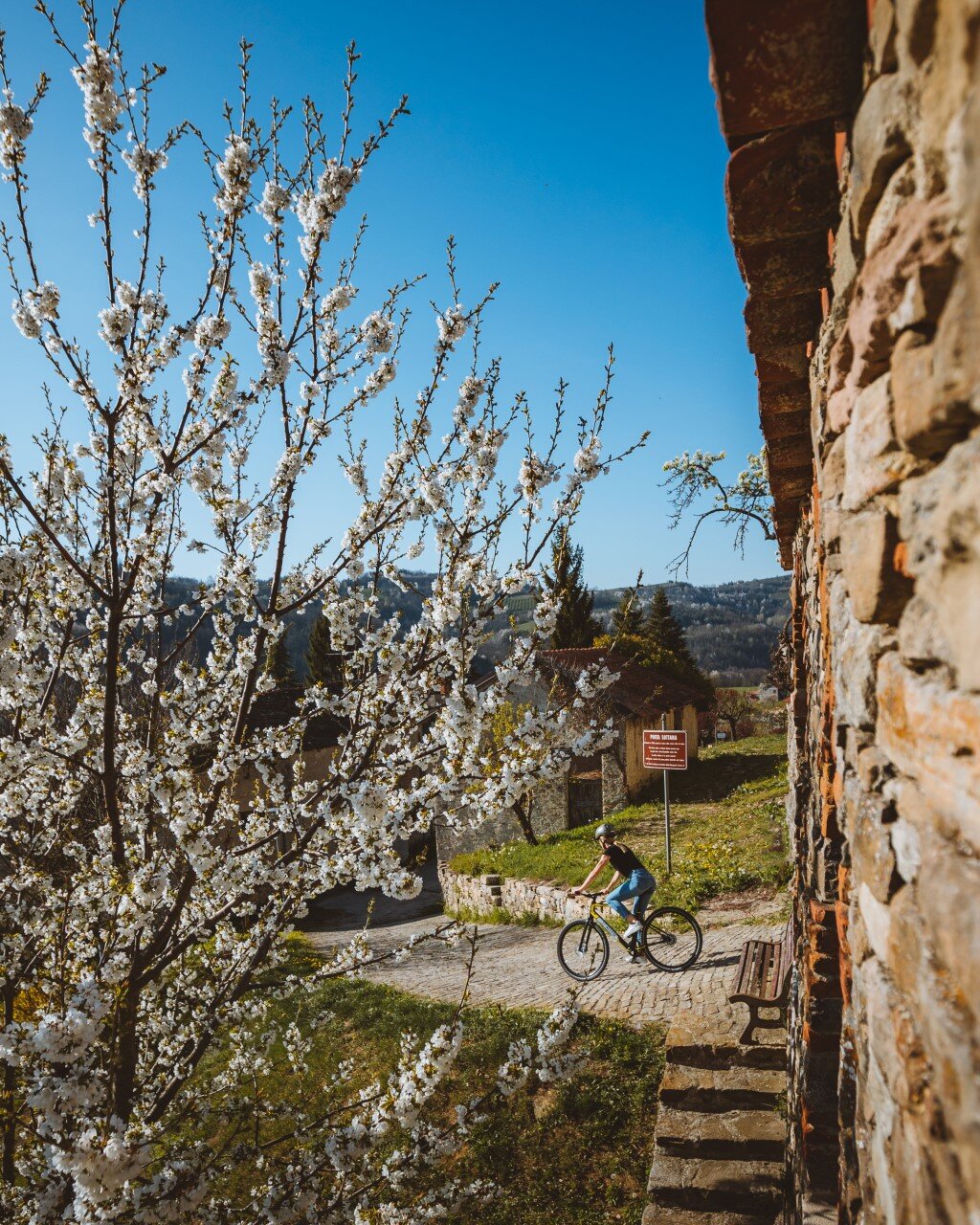
Enjoy a stress-free holiday, among villages and enchanting landscapes, traditional food and nature adventures for a sustainable tourism
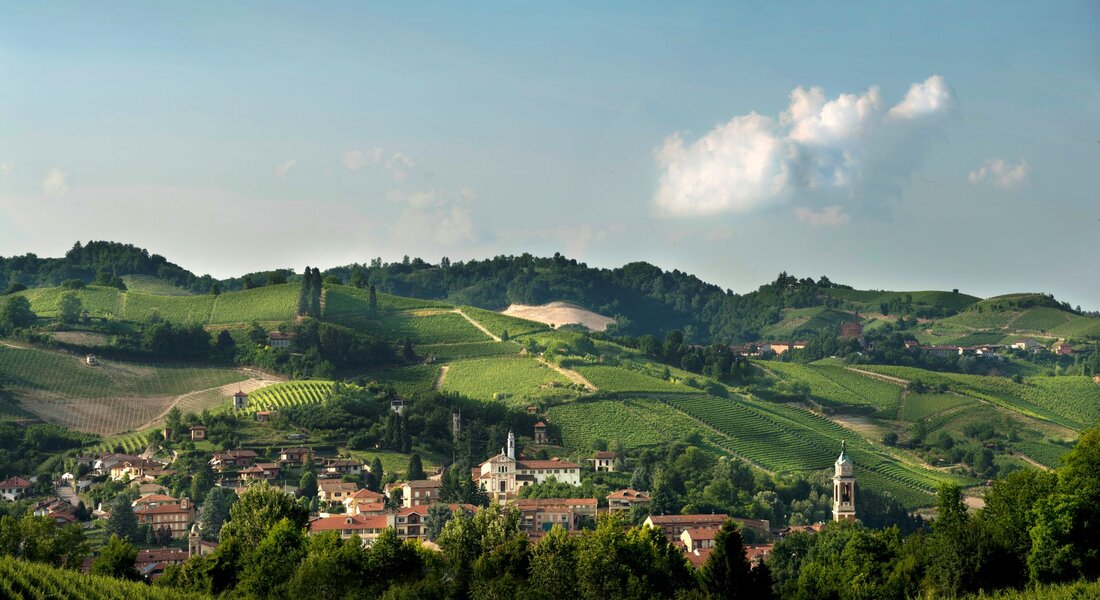
Landscaped



Don't want to miss anything? Sign up for the newsletter and get all the updates, events, appointments and vacation proposals.
We’ve sent you an email. To activate the newsletter, click on the link you will find in the message. Thank you!
Try again